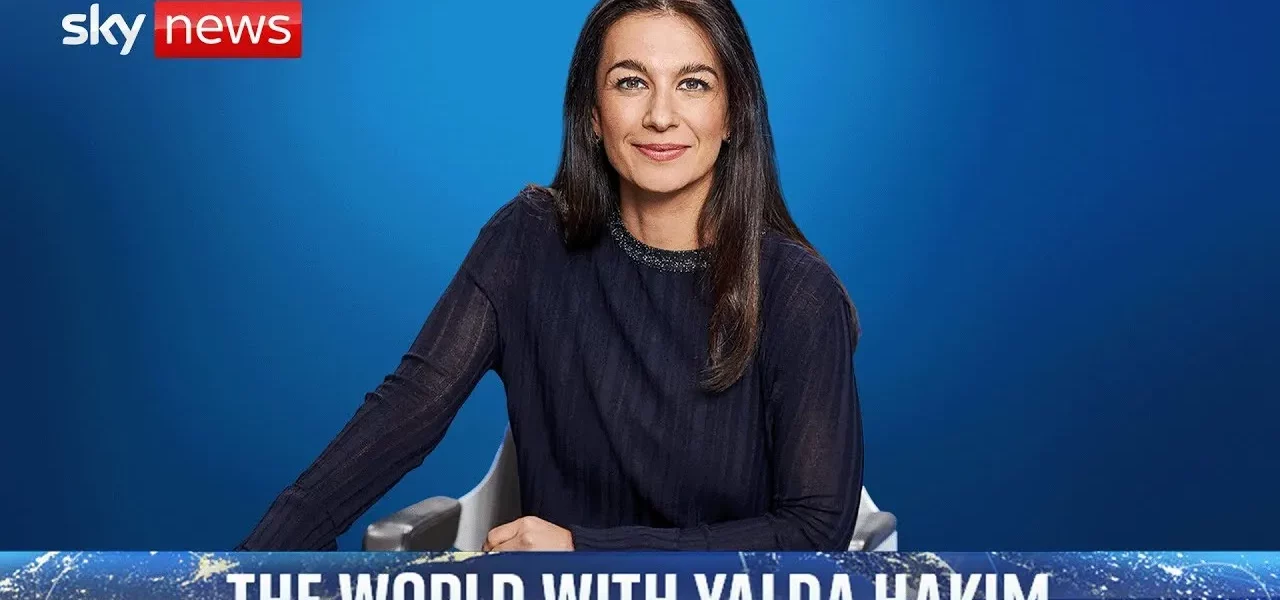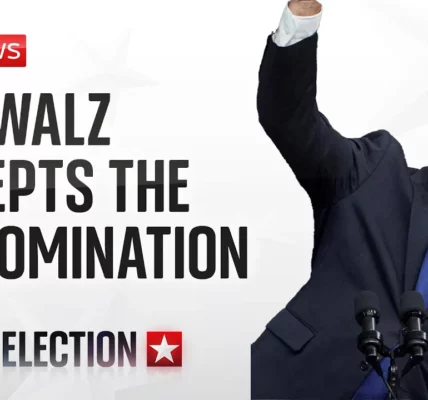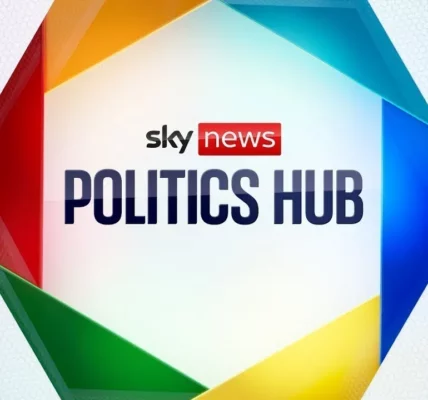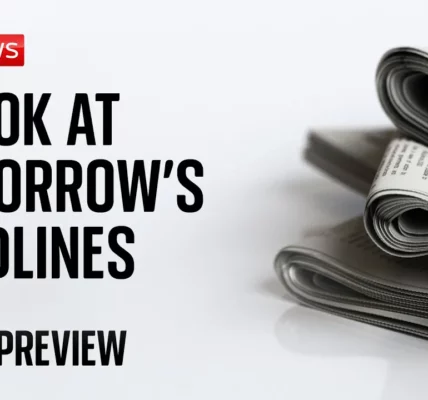Macron’s Election Gamble Backfires: Far-Right on the Brink of Power

In a stunning twist of fate, President Emmanuel Macron’s latest political gamble has led to his party losing significant ground in the recent parliamentary elections, paving the way for a potential far-right government in France under the leadership of Jordan Bardella. This article delves into the implications of this electoral shift, the emerging political landscape in France, and its potential impact on Europe.
Introduction
The recent parliamentary elections in France have sent shockwaves through the political landscape, as Macron’s centrist party has been relegated to third place, with the far-right National Rally emerging as a formidable force. This unprecedented shift signifies not only a change in France’s political direction but also raises critical questions about the future of governance in Europe. As the country grapples with rising populism, the implications for immigration, foreign policy, and economic stability are profound.
The Rise of the Far-Right: A New Reality
Jordan Bardella, the young and charismatic leader of the National Rally, has quickly positioned himself as the new face of far-right politics in France. His party’s recent electoral success has placed them on the brink of power, stirring fears of insurrection and economic disorder.
Jordan Bardella: The New Face of National Rally
At just 28 years old, Bardella represents a generational shift within the party previously led by Marine Le Pen. His ability to resonate with younger voters and present a more palatable image of the far right has been crucial to the party’s recent gains.
Electoral Results: A Snapshot
- National Rally: Over 33% of the vote
- Left-wing Coalition: Approximately 28% of the vote
- Macron’s Coalition: Just under 21% of the vote
As these results reflect, the political landscape in France is shifting towards a more polarized environment, with Bardella’s party positioned to potentially form the largest block in the National Assembly.
Implications for France and Europe
Potential for Political Instability
The rise of the far right has raised concerns about the stability of French democracy. Protests erupted following the election results, indicating a significant portion of the population’s opposition to a government led by the National Rally.
Impact on Immigration Policy
Under Bardella’s leadership, the National Rally is likely to pursue stricter immigration policies. Key proposals may include:
- Reducing the number of immigrants allowed into France
- Implementing stricter border controls
- Prioritizing French citizens in government services and employment
These changes could reshape France’s cultural landscape and influence its relationship with the European Union.
Foreign Policy Considerations
With France’s changing political stance, its foreign policy will also be under scrutiny. Key areas of focus may include:
- Relations with Russia, particularly concerning the ongoing war in Ukraine
- France’s role within the European Union
- Responses to international crises and humanitarian issues
Conclusion
The recent parliamentary elections in France signal a dramatic shift in the political landscape, with the far-right poised to gain unprecedented power. This transformation raises critical questions about the future of democracy in France and the implications for European governance as a whole. As citizens mobilize in protest and political negotiations unfold, the coming weeks will be pivotal in determining the trajectory of France’s political future.
For those interested in the evolving political dynamics of Europe, stay tuned as we continue to explore these developments and their global ramifications.
“`




